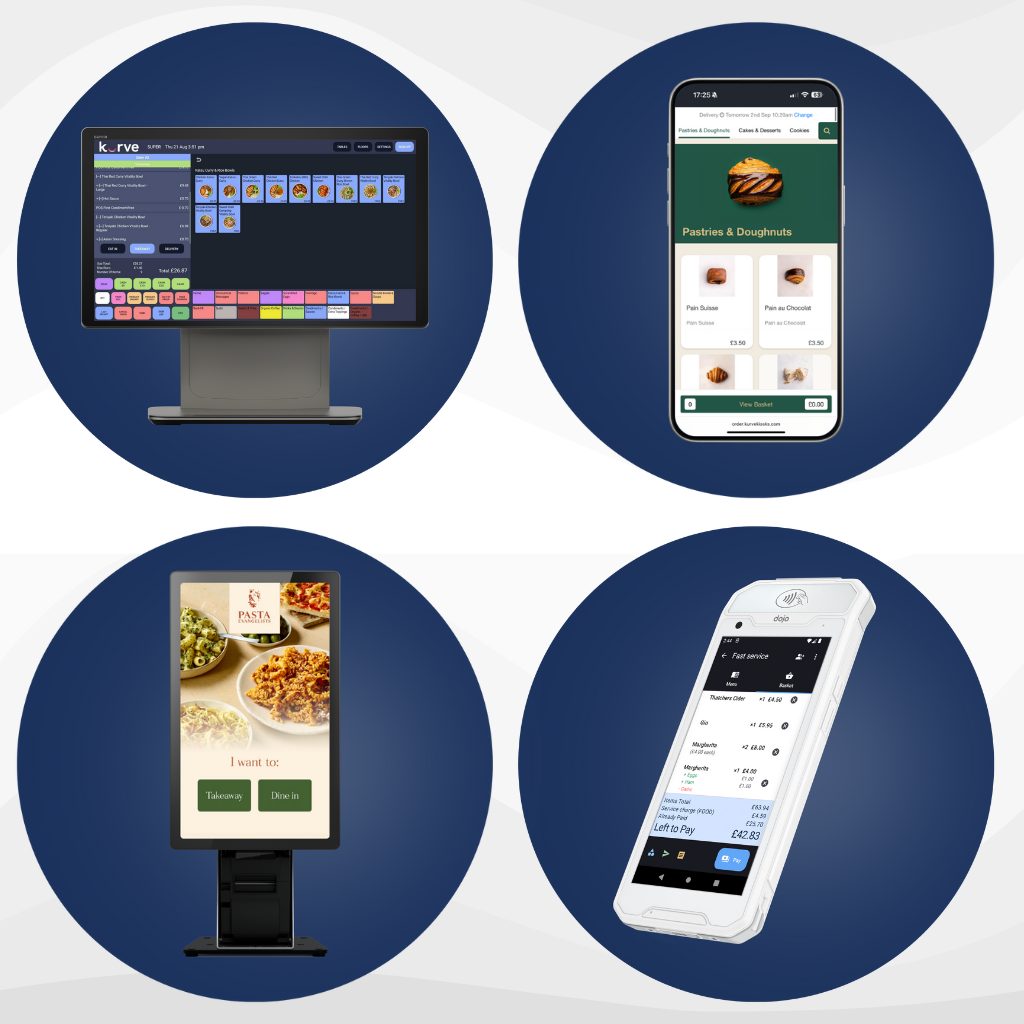I’ve worked in hospitality long enough to know that no two customers are the same. Some guests want to breeze through their visit with as little interaction as possible, while others come in not just for the food or service, but for the connection. That’s why I firmly believe the future of hospitality lies in striking the perfect balance between technology and the human touch, not replacing one with the other.
Technology has been a game-changer for the industry with self-service kiosks, online reservations, and mobile apps transforming how guests interact with us. For customers who value speed and convenience, this is a dream come true. If someone wants to order their morning coffee through a kiosk without waiting in line, we should make it effortless for them. This efficiency doesn’t just improve their experience; it also helps businesses allocate staff resources more strategically.
But technology can’t and shouldn’t replace human interaction. Hospitality is, at its core, about people. There’s a reason guests remember the server who recommended the perfect wine pairing or the barista who greeted them by name. Technology can take care of repetitive tasks, so staff have more time to focus on guests who crave that personal touch.
The key is offering choice, some customers want minimal interaction; others want conversation, recommendations, and reassurance. By offering both options, we can cater to everyone. Kiosks and apps can now handle everything from straightforward orders to allergy alerts and special requests, giving guests confidence in the technology while freeing staff to focus on building meaningful connections. This balance also makes operations more efficient. During busy hours, technology takes pressure off staff, reducing queues and mistakes, while still allowing us to deliver thoughtful, personalised service to those who seek it.
It’s also worth noting that technology can empower our teams, not replace them. Digital systems help us track guest preferences, manage reservations, and streamline kitchen operations, which means staff can spend less time on logistics and more time delivering exceptional service. When implemented well, technology enhances, not erodes, the human side of hospitality.
Of course, finding the right balance requires thought and investment. Too much automation can make a venue feel cold and impersonal, while relying solely on staff can slow service and frustrate customers who just want efficiency. The sweet spot is when guests feel they’re in control of their experience: they can self-serve when they want to, or they can interact with a real person who genuinely cares.
For me, hospitality has always been about making people feel welcome. Technology is a tool to help us do that better, not a replacement for human connection. The goal isn’t to choose between digital convenience and personal service; it’s to seamlessly integrate both. Imagine a casual dining restaurant where a guest books their table and places their order through an app but is still welcomed by a server who knows their preferences. Or picture a coffee shop where a customer orders via a kiosk yet still gets a personalised recommendation from a barista who remembers their favourite roast. That’s the kind of hospitality that keeps guests coming back.
In an era where customer expectations are higher than ever, striking this balance isn’t just a nice idea, it’s a necessity. By embracing technology without losing the heart of hospitality, we can create experiences that are not only efficient but genuinely memorable.
Steven Rolfe – CEO – Kurve Kiosks
